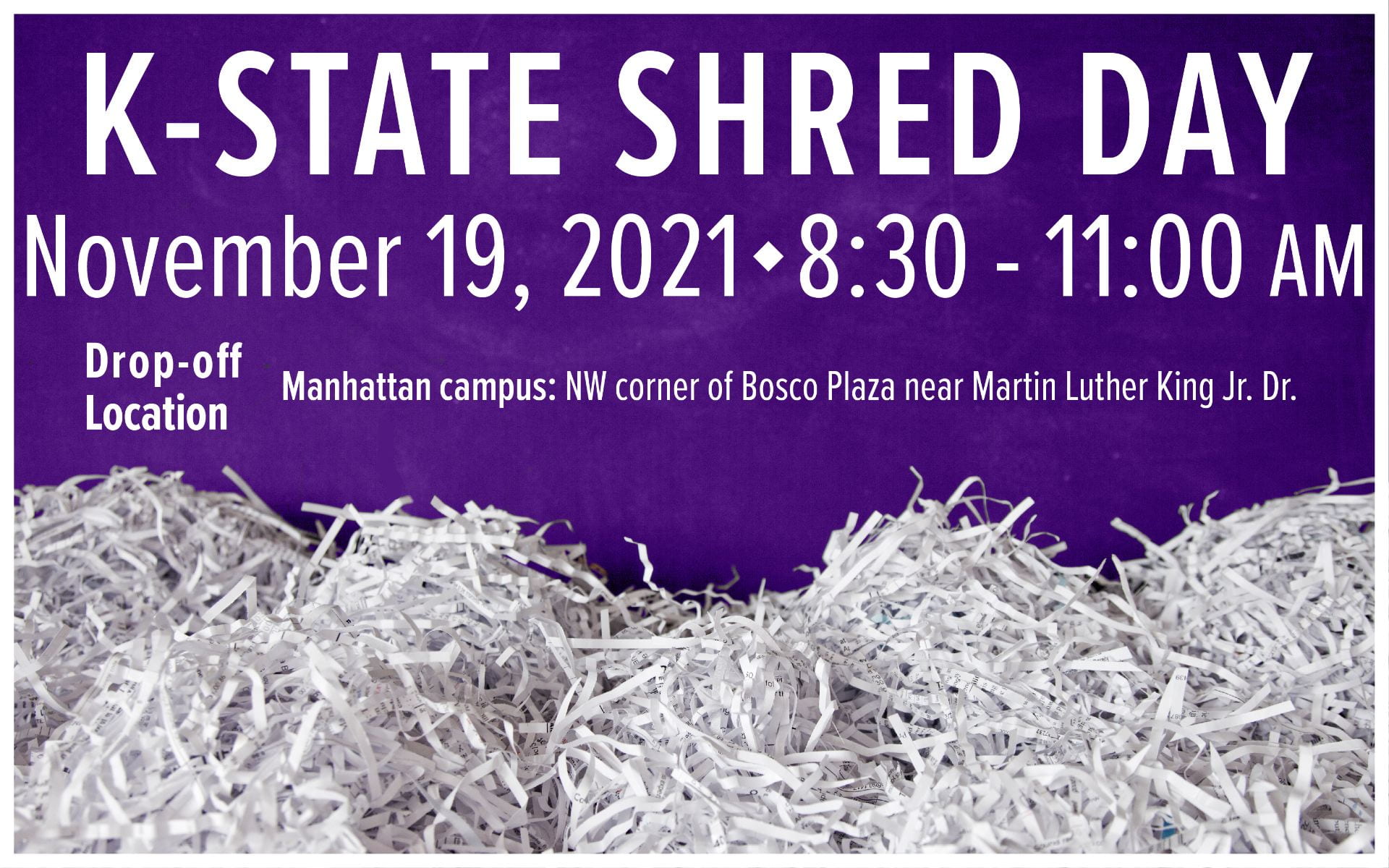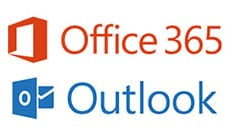The overall goal of the Change Management Process within Information Technology Services (ITS) is to align changes to the academic and business environment, while minimizing impact and reducing the risk of unintended service disruptions.
Recently the ITS Change Management Process has been updated, allowing ITS to reduce disruptions and increase transparency of the changes that occur in our IT environments, e.g., webmail, KSIS, HRIS, and network changes.
There are three types of changes identified by ITS:
- Standard – A routine, low-risk change that is operational in nature and happens frequently.
- Emergency – A change required to prevent an impending Critical Incident or resolve an active Critical Incident.
- Non-Standard – Any other change that does not fit the Standard Change or Emergency Change model.
ITS will use maintenance windows (a designated period of time) to perform changes and maintenance to our services. The default maintenance windows are listed below. Other maintenance windows are allowed as long as ITS and service owners agree on dates and times that changes can be made.

“Although it sounds easy, tracking changes and the process surrounding it can be quite complex. ITS has invested significant time into laying out this new process so it is easy to follow and adopt in the hopes that we get a better picture of changes that are happening in our critical environments,” said Greg Dressman, director of Enterprise Server Technologies and Change Manager.
“When things go wrong we need to quickly understand what changed so we can focus on restoring services in the fastest way possible. This process also brings our proposed changes out into the open so we can discuss them in terms of risk, reward, timing, and appropriate customer communication before they go into place.”
If you have questions about the ITS Change Management Process, email Greg Dressman, dressman@k-state.edu.



 In an ongoing effort to keep K-State’s systems and services safe, malware filtering has been activated for K-State’s email. The filter protects the mail system and individual mailboxes from malicious software by blocking attachments that are commonly used to transmit viruses or malicious software.
In an ongoing effort to keep K-State’s systems and services safe, malware filtering has been activated for K-State’s email. The filter protects the mail system and individual mailboxes from malicious software by blocking attachments that are commonly used to transmit viruses or malicious software.
